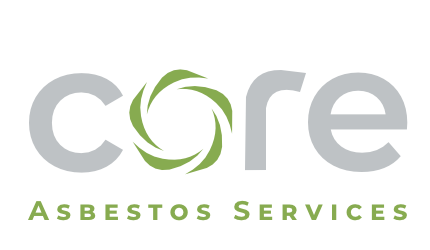Asbestos in Edinburgh
Asbestos is a naturally occurring mineral that was widely used in construction and other industries due to its fire-resistant and insulating properties. However, it has since been discovered that exposure to asbestos fibers can lead to serious health problems, including lung cancer and mesothelioma. In Edinburgh, asbestos was used in many buildings constructed before the 1980s, and it is still present in many older properties today.
In Edinburgh, it is estimated that around 30% of all buildings built before 2000 contain asbestos. This includes both commercial and residential properties, as well as public buildings such as schools, hospitals, and government buildings. The presence of asbestos in these buildings poses a risk to both the occupants and workers who may come into contact with it.
If asbestos fibers are inhaled, they can become lodged in the lungs and cause damage over time. The dangers of asbestos exposure are particularly pronounced for workers in construction and maintenance, who may come into direct contact with the material. To minimize the risk of exposure, it is important that asbestos is handled and removed properly, following strict health and safety guidelines.
If you suspect that there may be asbestos in your property, it is important to seek professional advice from a qualified asbestos surveyor. An asbestos survey will determine the type, location, and condition of any asbestos-containing materials in the property, and will provide recommendations for how to manage the risk.
If you need to have asbestos removed from your property, it is important to choose a reputable company that will ensure that the work is carried out safely and effectively.
In conclusion, asbestos is a serious issue in Edinburgh, and it is important that anyone who may come into contact with it takes the necessary precautions to protect their health. Whether you are a property owner, tenant, or worker, it is essential to be aware of the dangers of asbestos exposure and to seek professional advice if you suspect that it may be present in your property.
